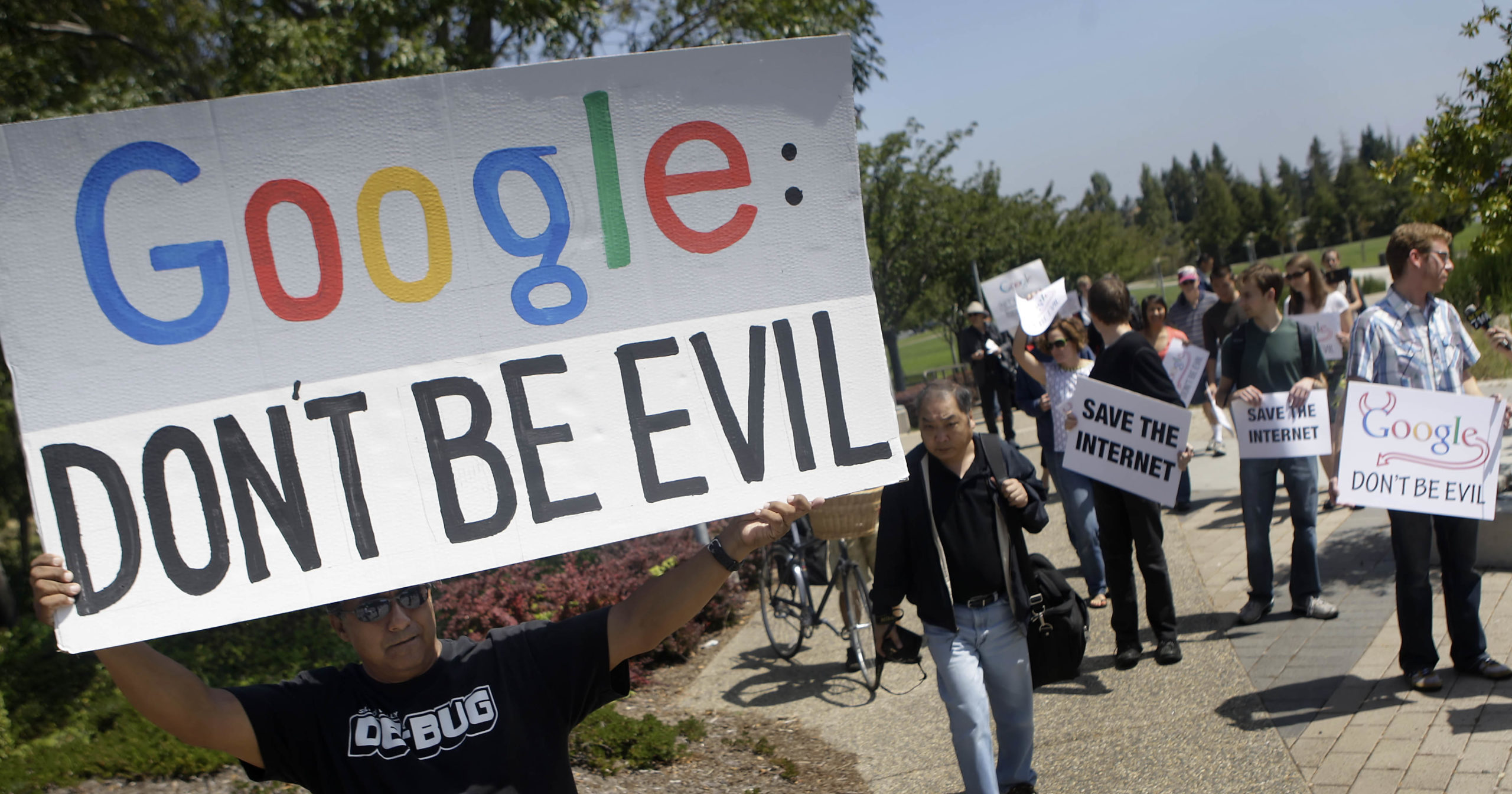On Wednesday, the UK’s Supreme Court threw out a speculative class action suit brought by the former Director of consumer organisation Which?, Richard Lloyd. The decision halted, for now, a further Americanisation of our legal system that would have made such speculative suits easier. These suits are burgeoning in Europe.
With the bluntness of a playground bully, Lloyd’s “Google You Owe Us” campaign sought damages which may have yielded iPhone owners a £750 jackpot — the price of a new iPhone — and cost Google around £3 billion. The Court reiterated that to bring such an action in the UK requires proof of harm, rather than a mere breach of contract, and Lloyd had offered none.
The question is why Lloyd thought this was worth a punt — and the answer lies in an increasing hysterical debate over internet privacy. Over a period of several months, a decade ago, Google had found a way of tracking users through the iPhone’s web browser, Safari, without their consent. Undoubtedly sneaky, but where was the personal injury? Perhaps the word beloved by campaigners and Lloyd, “surveillance” may be part of the problem.
Over two decades, European data protection law has been driven by the Germans, many of whom in their lifetimes experienced the comprehensive and systematic monitoring apparatus of a police state, the DDR. The consequences were chilling for speech, ruining careers, and leading to imprisonment or death. Campaigners now draw a moral equivalence between consumer data collection and STASI surveillance — but is the aggregation of spending or browsing information by a company really the same as the blanket oppression of life in a Communist state?
One who thought it might be was an Austrian, Max Schrems, who brought a landmark case which halted data flows between the EU and the USA in 2015, persuading the European Court of Justice that data was not safe once on American soil, because of its national security taps. He succeeded in sinking its successor last year. Another is academic Shoshana Zuboff, whose 2019 business potboiler Surveillance Capitalism took the equivalence into the mainstream.
But there’s a problem. Many of us opt-into such “surveillance schemes” such as Nectar and supermarket clubcards. When we use them, we’re tracked constantly, in return for goods or offers. The internet differs only in being less transparent.
Now the burgeoning privacy industry regards anyone who objects to the moral equivalence as a great big softie (while, curiously, dismissing the individual ownership of one’s data as equally oppressive). Rather like Extinction Rebellion these activists are prisoners of their own linguistic inflation. Just as the characterisation of climate change as a “crisis” or an “emergency” requires exceptional and potentially harmful mitigation responses, framing data collection as totalitarianism requires a constantly paranoid mindset which shuns human agency, and rejects political solutions. Both are an intellectual cul-de-sac from which it is difficult to escape.
This isn’t to excuse Google and Facebook, a duopoly who often have power equivalent to nation states. As individuals, we want more control, and we should be able to negotiate a price for our personal data, especially if it’s valuable — something we cannot currently do. But little constructive come from the current equivalence of data processing and totalitarianism. To correct the former Intel CEO Andy Grove, who popularised the phrase “Only the paranoid the survive”, the paranoid merely stay paranoid.











Join the discussion
Join like minded readers that support our journalism by becoming a paid subscriber
To join the discussion in the comments, become a paid subscriber.
Join like minded readers that support our journalism, read unlimited articles and enjoy other subscriber-only benefits.
Subscribe